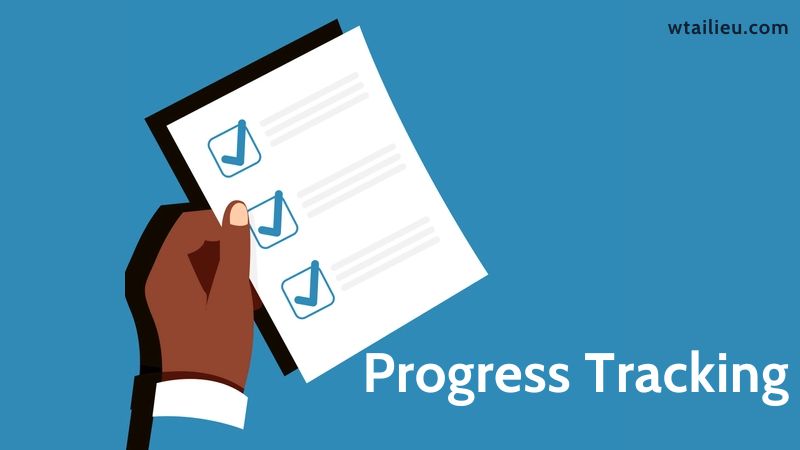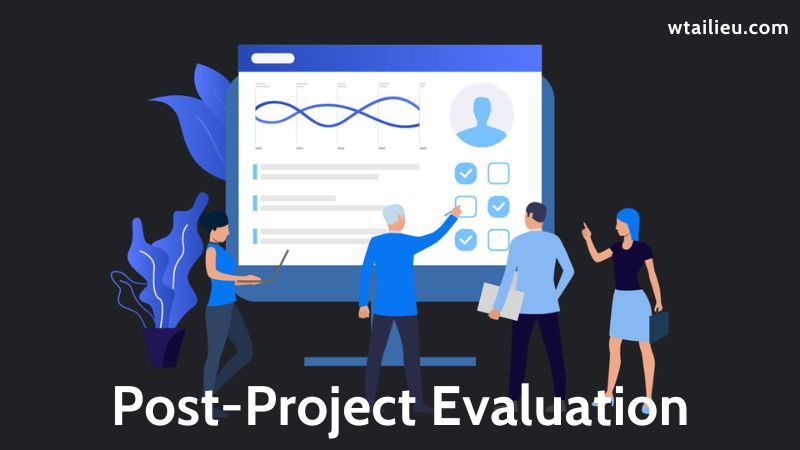
In the ever-evolving landscape of data-driven decision-making, the role of a data project manager has become increasingly pivotal. A data project manager serves as the orchestrator of initiatives aimed at leveraging data to extract insights and drive strategic decisions. In this article, Wtailieu delve into the intricacies of the data project manager’s role, exploring key responsibilities and strategies for success.
Understanding the Role of a Data Project Manager
At its core, a manager is tasked with overseeing the planning, execution, and delivery of projects centered around data analysis, data science, or any endeavors involving data-driven insights. This multifaceted role requires a blend of technical expertise, project management skills, and effective communication abilities.
The Key Responsibilities
1. Project Planning
At the heart of the data project manager’s responsibilities lies the meticulous planning and coordination of projects. This entails close collaboration with stakeholders to meticulously define project objectives, scope, deliverables, and timelines. By comprehensively understanding the needs and expectations of stakeholders, the data project manager facilitates alignment and clarity throughout the project lifecycle. This proactive approach ensures that projects are executed efficiently, meet stakeholders’ requirements, and deliver impactful results within the designated timeframe.

2. Resource Management
Optimal resource management is crucial for the triumph of data projects. It entails the judicious allocation of resources like data analysts, scientists, and team members to ensure timely and budget-friendly task completion. Through astute resource allocation, the data project manager enhances productivity and reduces bottlenecks, fostering smoother project execution. This strategic approach not only maximizes efficiency but also empowers the team to deliver high-quality outcomes while maintaining cost-effectiveness throughout the project lifecycle.
3. Risk Management
In the dynamic realm of data projects, uncertainties and risks are inevitable. It falls upon the data project manager to identify potential risks and develop mitigation strategies to mitigate their impact on project timelines and outcomes. Through proactive risk management, the data project manager safeguards project success and fosters resilience in the face of challenges.
4. Communication
Clear and effective communication is fundamental to the role of a data project manager. Serving as the linchpin between different teams and stakeholders, the data manager facilitates communication, ensuring everyone is aligned with project goals and aware of their responsibilities. By fostering open communication channels, the data project manager promotes collaboration and transparency.
5. Progress Tracking
A critical responsibility of the data project manager is to continuously monitor the project’s progress against the established plan. This involves meticulously tracking milestones, identifying any deviations from the original course, and promptly implementing corrective measures when necessary. By vigilantly overseeing progress and taking proactive steps to address any issues, the data manager ensures that the project stays on course and delivers results within the designated timeline. This proactive approach not only maintains momentum but also minimizes the risk of potential delays, contributing to the overall success of the project.

6. Quality Assurance
Maintaining the quality of data analysis and modeling processes is paramount to the credibility of project outcomes. The data project manager oversees quality assurance efforts, ensuring that data analysis adheres to best practices and quality standards. By validating results and ensuring they meet stakeholder requirements, the data manager instills confidence in project deliverables.
7. Stakeholder Management
Effective stakeholder management is essential for project success. The data project manager keeps stakeholders informed about project progress, addresses any concerns or issues they may have, and manages expectations effectively. By fostering positive relationships with stakeholders, the data manager cultivates trust and support for the project objectives.
8. Documentation
Comprehensive documentation is integral to project governance and knowledge management. The data project manager maintains detailed documentation throughout the project lifecycle, including project plans, requirements documents, meeting minutes, and other relevant artifacts. By documenting key decisions and milestones, the data manager ensures clarity and accountability.
9. Post-Project Evaluation
Conducting post-project evaluations is essential for continuous improvement. The project manager leads post-project reviews to assess the success of the project, identify lessons learned, and make recommendations for future improvements. By leveraging insights from post-project evaluations, the data project manager enhances project efficiency and effectiveness over time.

10. Stay Updated
In the rapidly evolving landscape of data-driven innovation, staying ahead of the curve is essential. The data project manager proactively pursues advancements in data analysis techniques, tools, and technologies. By remaining informed and updated, the data project manager ensures that projects leverage the latest trends and adhere to the best practices in the dynamic field of data management and analysis. This commitment to staying abreast of developments is pivotal in driving successful outcomes and maintaining a competitive edge in the industry.
Conclusion
In conclusion, the role of a data project manager is multifaceted and integral to the success of data-driven initiatives. By effectively managing projects from inception to delivery, data project managers play a vital role in unlocking the value of data and driving informed decision-making within organizations. Through meticulous planning, resource management, communication, and continuous improvement efforts, project managers empower teams to harness the power of data to achieve strategic objectives.
Conclusion: So above is the Data Project Manager: A Comprehensive Guide article. Hopefully with this article you can help you in life, always follow and read our good articles on the website: W Tài Liệu
